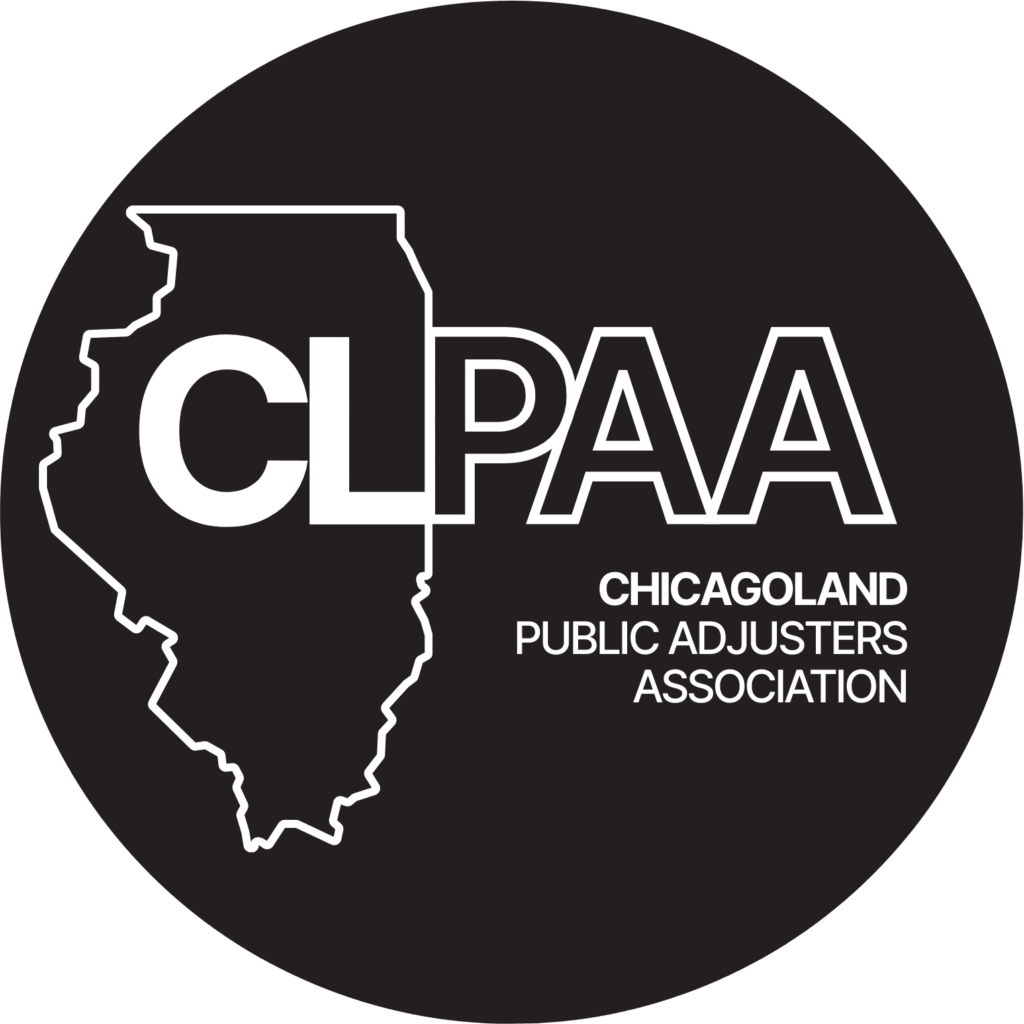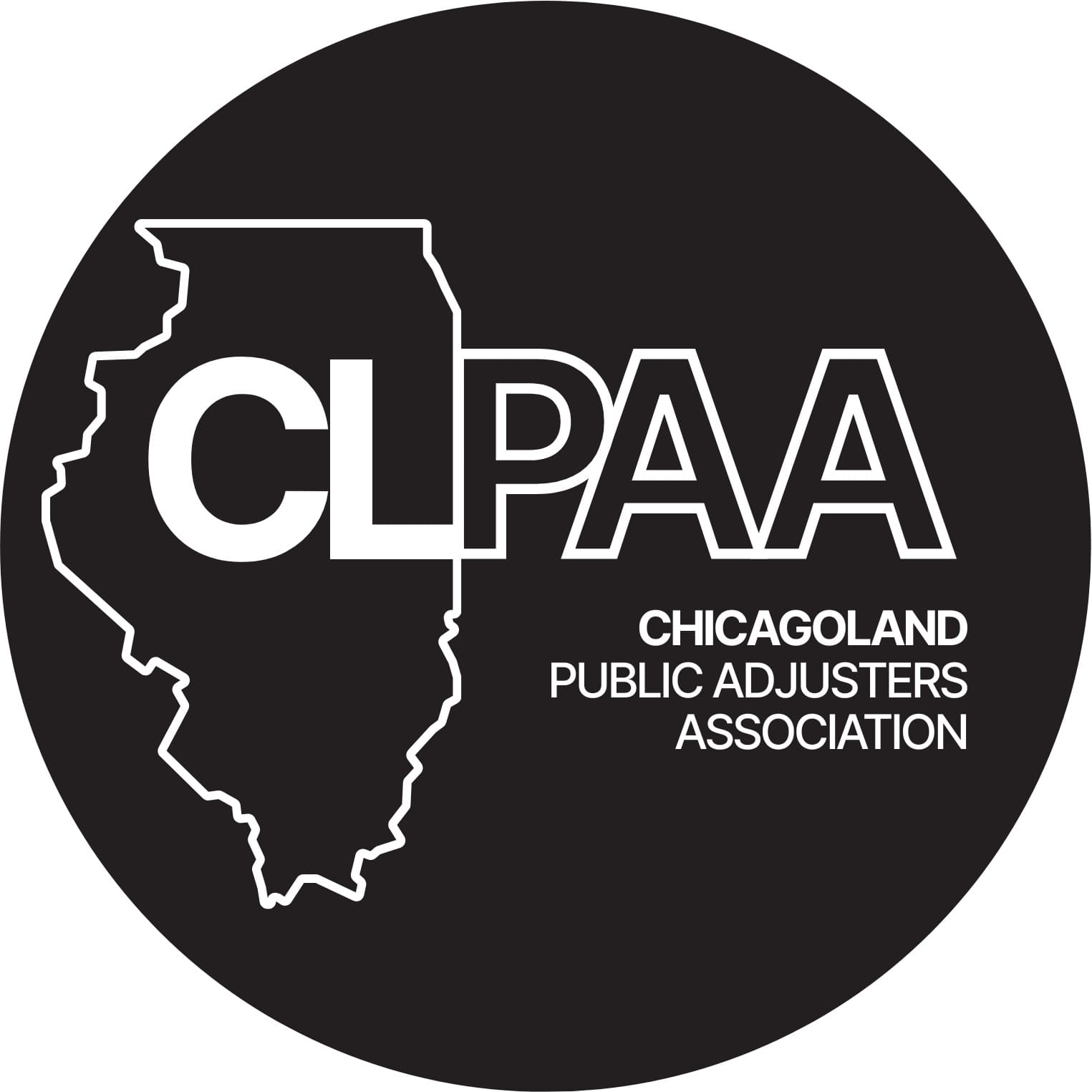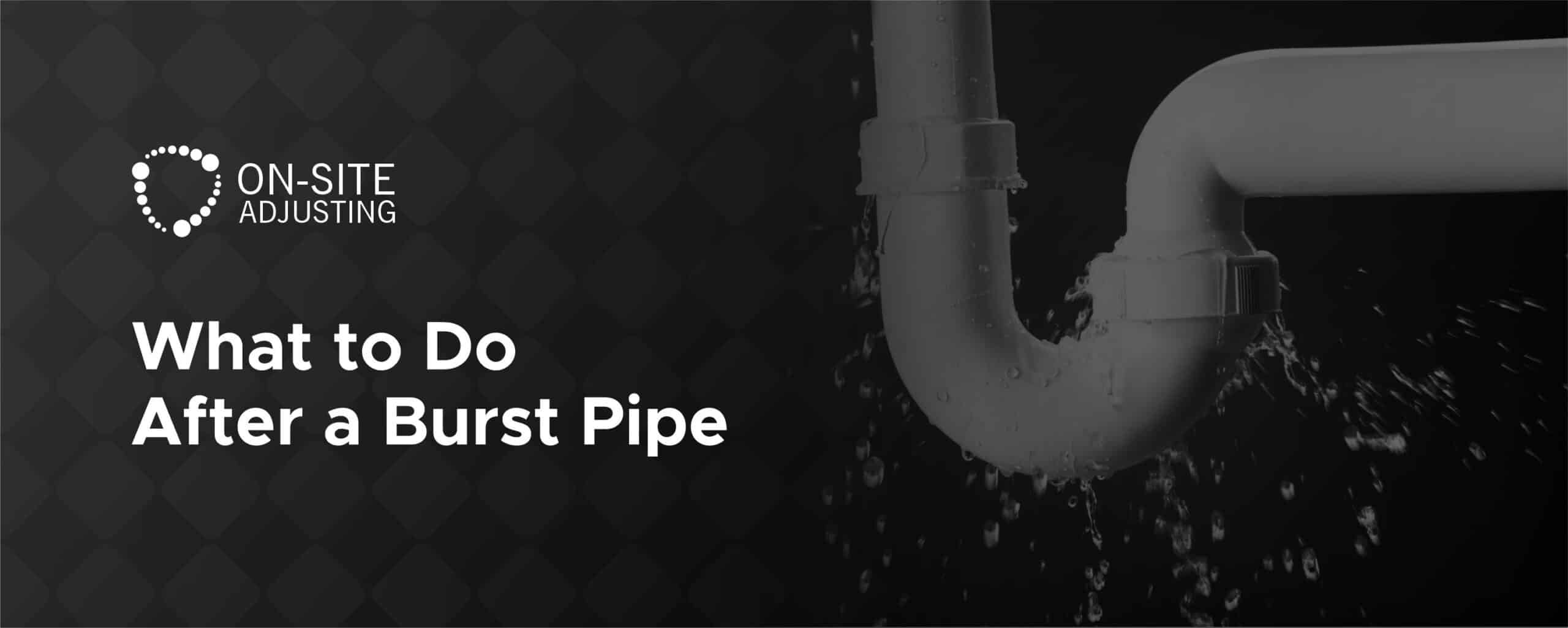
As the months grow colder, your plumbing system may face freezing issues, which could lead to a burst pipe. Burst pipes can cause internal flooding and water intrusion, which in turn causes water damage.
Dealing with the water damage claim after a burst pipe is tedious. This is why you need to discuss with a public adjuster immediately after filing your claim. They can take the weight of the insurance claim off your shoulders.
In this article, we guide you through how to handle a burst pipe in your home. Additionally, we will explain how to file a burst pipe claim.
What Causes a Burst Pipe?
Pipes burst for several reasons, some of which include:
Extreme Weather Conditions
When temperatures fall below a certain degree, the water in a pipe can freeze. As the water freezes, pressure builds within the pipe, which can eventually cause it to burst.
High Water Pressure
Pipes can only withstand a specified amount of pressure. When the water pressure is too high, it can cause the pipe to burst. You can always measure your water pressure to prevent burst pipes in the future.
Clogs
Clogs can cause water to back up within a pipe and this causes pressure build up. If the clog is not resolved quickly, it can cause small water leaks that may eventually lead to a burst pipe.
Wear and Tear
Like all other building materials, pipes have a shelf life. The older the pipe, the weaker it is. Eventually, it may wear down to the point of bursting.
What to Do When a Pipe Bursts
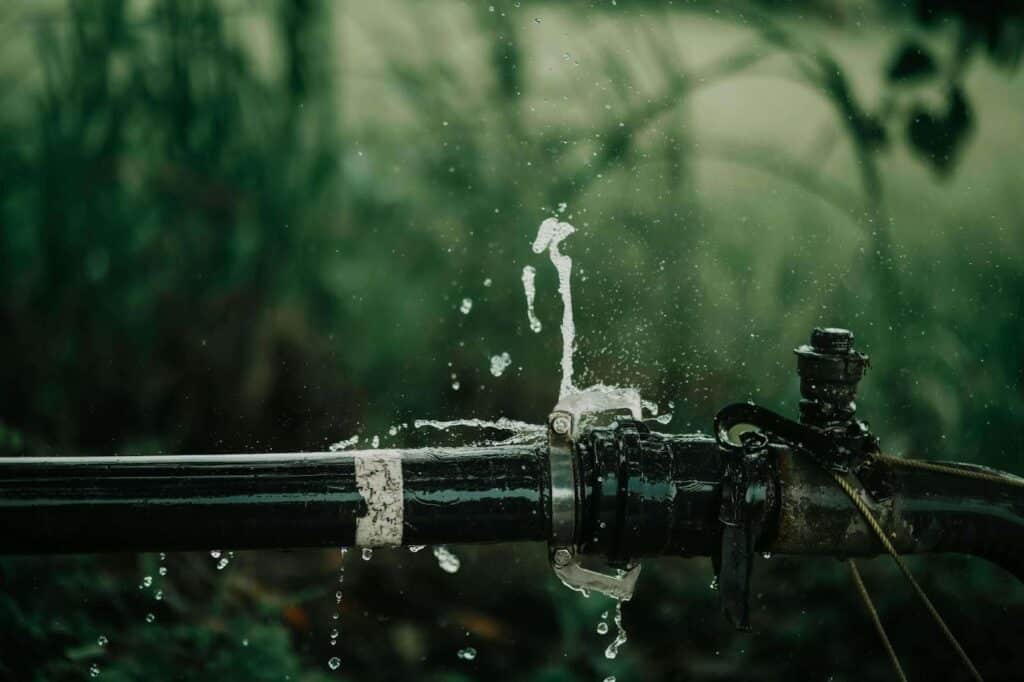
When you notice a burst pipe, you should avoid panicking. Instead, take control of the situation by doing the following:
Call a Plumber
Do not attempt to fix a burst pipe yourself. You may end up damaging your entire plumbing system which will be a costly fix. Instead, call a professional plumber for emergency services. They will fix and replace the burst pipe. Their services do not stop there as they will further examine your plumbing system to spot possible issues and prevent future burst pipes.
Turn Off the Main Water Supply
You should stop the source of the water escaping from the broken pipe by turning off your water supply. This prevents even more water from entering your plumbing system and flooding your home. Locate your home’s main water shutoff valve. You may find it in the basement, crawlspace, or yard. Turn it clockwise to shut off the water supply.
Shut the Electricity Off
Having your electricity on when there is a burst pipe can lead to severe home accidents. It is best to shut the electricity off until you can contain the water. Your home’s service panel is likely your garage or basement. Flip the main breaker to turn off the power to the entire house. It is usually at the top of the service panel. Additionally, move all electrical appliances around the burst pipe. This eliminates the risk of electrocution if you cannot get the leak fixed immediately.
Relieve the Pressure
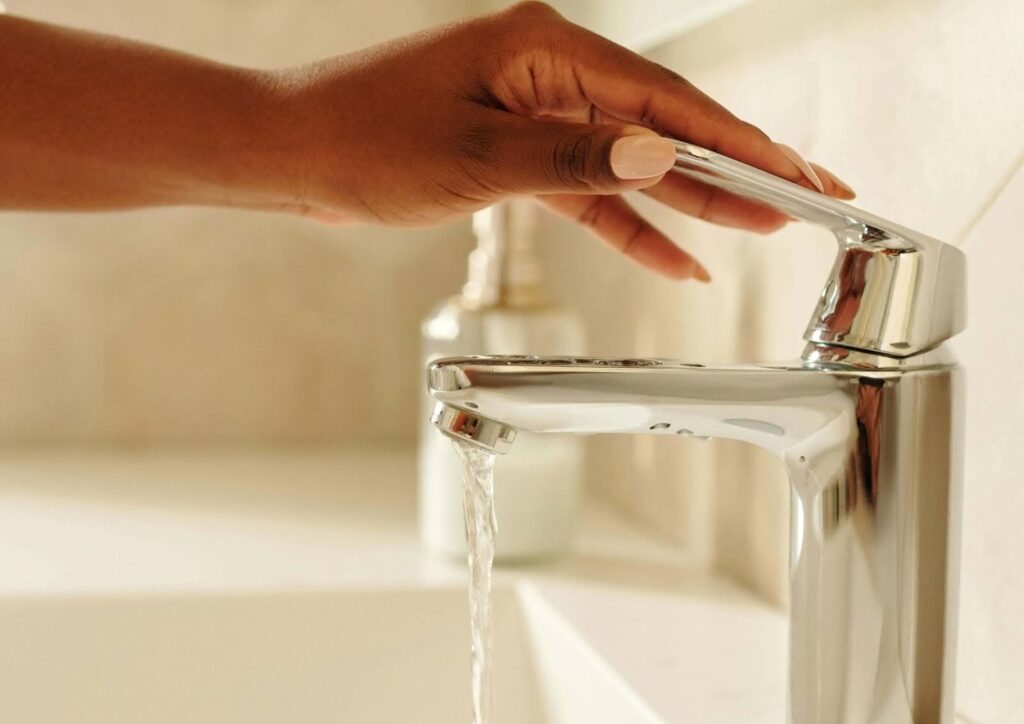
While turning off the main water supply stops new water from flowing into your plumbing system, it doesn’t relieve the pressure that caused the pipe to burst in the first place. To relieve that pressure and stop other pipes from bursting, open your faucets and taps. Opening your taps will drain the water left in the pipes. Try flushing all the toilets as well.
Contain the Water
If the burst pipe is still actively leaking water, place a large plastic container underneath it to catch the water. Additionally, you should clean up any spilled water. Leaving water on your floors can damage them and also cause mold growth. You can use old towels, rags, mops, and a wet/dry vacuum to clean up spilled water and ensure your walls and floors are dry. This step also counts as mitigation of damage which will help your water damage insurance claim.
File an Insurance Claim
You will likely need to pay for immediate repairs out of pocket. However, your insurer should reimburse you for these costs. To get this reimbursement, you need to file an insurance claim by filling out and submitting a claim form. You can reach out to your insurer for information on how to access the claim form.
Hire a Public Adjuster
After filing the insurance claim, you should reach out to a public adjuster to handle the claim on your behalf. The public adjuster will create a moisture map to document the damage. Furthermore, they will gather the needed documentation such as evidence of damage, repair estimates, and professional reports of the damage. They will use this information to negotiate the claim, ensuring you get the settlement you deserve.
How to Prevent a Burst Pipe
You shouldn’t wait until your pipes burst before you put preventative measures in place. Do the following to prevent a burst pipe this winter:
Keep Internal Temperatures Stable
Avoid messing with your thermostat often as this can disrupt the temperature of the pipes, causing them to freeze. Frozen pipes are more likely to burst.
Insulate External Pipes
The most common way to insulate your pipes is using a foam tube. They are easy to install and quite affordable which makes them popular. Simply purchase foam tubes that are the length of your pipes and slip them on like a sleeve.
Let Cold Water Drip
This is especially important for exposed pipes and pipes in hard-to-reach places. These pipes are more prone to freezing and subsequently, bursting. You only need a slow yet steady drip from faucets or taps connected to exposed pipes. You do not need to do this for those connected to insulated pipes.
Open Kitchen and Cabinet Doors
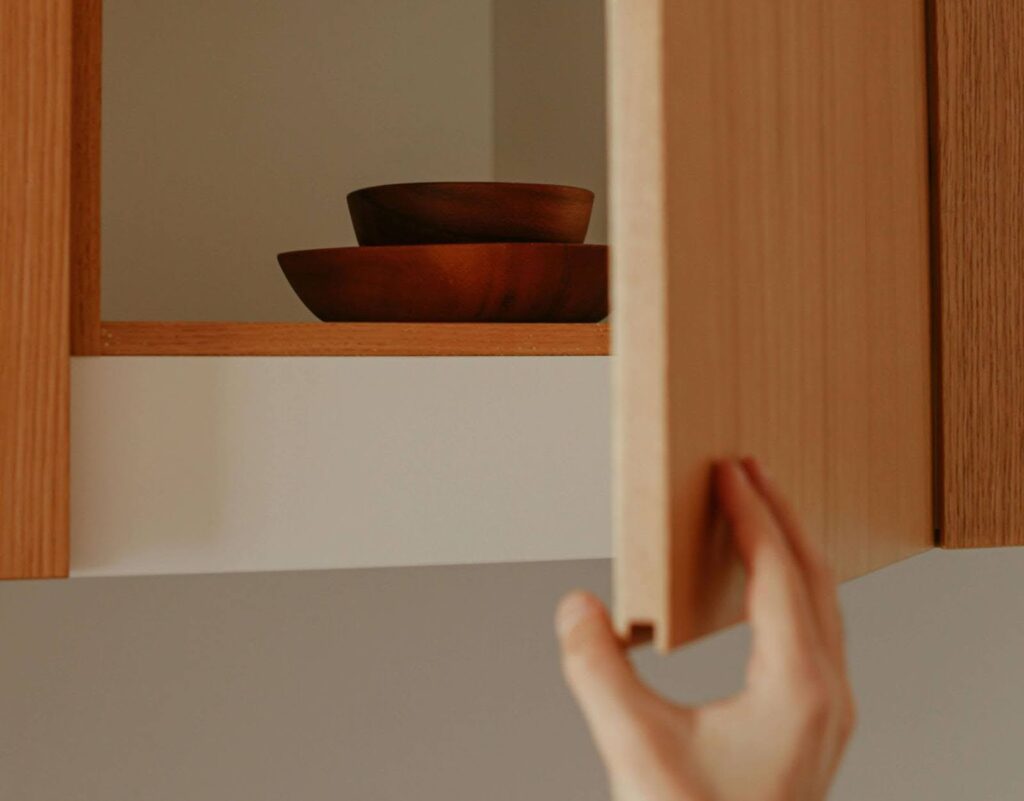
Leaving your kitchen and cabinet doors open can allow more air to circulate around your plumbing. Constant heated air circulation prevents frozen pipes and bursting.
Schedule Regular Plumbing Inspections
It is best to have a professional plumber examine your plumbing system a few times a year. These inspections can catch plumbing issues early before they lead to a burst pipe.
Conclusion
A burst pipe can cause severe water damage in your home but if you mitigate the damage early, you may escape with minimal damage. Therefore, you should spring into action immediately after you notice the pipe. Turn off the water and electricity and call a plumber. Additionally, ensure you clean up any spilled water to avoid floor and structural damage.
Furthermore, you should put preventative measures in place to keep your plumbing system in good shape this winter. Don’t forget to file an insurance claim for reimbursement of water damage repairs.
A public adjuster makes the insurance claims process smoother. At On-Site Adjusting, customer satisfaction is our priority. We ensure you enjoy all the benefits of your insurance policy. Contact us today to get started.

